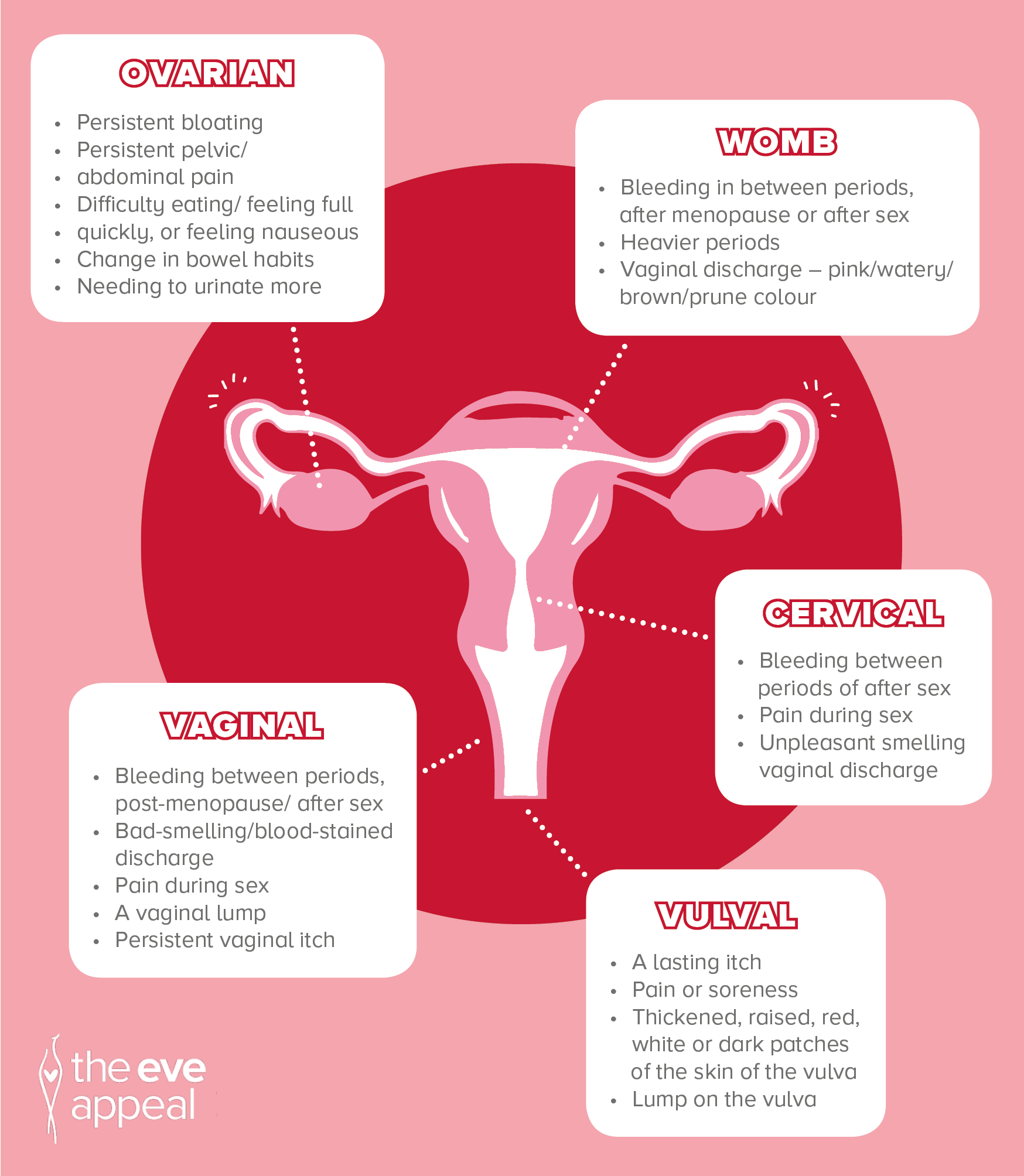Vulvar Cancer Symptoms: Warning Signs Of A Potentially Serious Condition
So, today I stumbled upon some pretty serious stuff - vulvar cancer. Yes, you heard it right. Cancer, not just a rash or a weird bump. And boy, let me tell you, the symptoms are not pretty.
Symptoms of Vulvar Cancer:
First off, if you notice any lumps, sores, or weird rashes down there, you might want to get that checked out. Oh, and itching or burning? Yeah, not good either. Other symptoms include pain during sex, bleeding, or discharge. Yikes.

Understanding Vulvar Cancer:
Basically, vulvar cancer is when abnormal cells grow in the vulva, aka the outer part of your lady bits. This can happen to anyone with a vulva, but it's more common in women over 65. So, if you're a youngin', don't panic too much.
What is Vulvar Cancer?
Vulvar cancer is a type of cancer that affects the skin outside the vagina. It usually begins as a lump or sore on the vulva, and can eventually spread to the lymph nodes and other organs if left untreated.

The Importance of Early Detection:
Early detection is key when it comes to treating vulvar cancer. If caught early, the chances of successful treatment are much higher. So, if you notice any symptoms or changes down there, don't wait to get checked out.
Statistics on Vulvar Cancer:
According to the American Cancer Society, about 6,000 women in the United States are diagnosed with vulvar cancer each year. The average age at diagnosis is 69.

Types of Vulvar Cancer:
There are a few different types of vulvar cancer, including squamous cell carcinoma (the most common), adenocarcinoma, and melanoma.
Risk Factors for Vulvar Cancer:
Unfortunately, there are a few risk factors for vulvar cancer that we can't really control. These include age, HPV infection, smoking, and a weakened immune system. But, there are also some things we can do to reduce our risk, like practicing safe sex and not smoking.

Recognizing Early Symptoms of Vulvar Cancer:
As mentioned earlier, some early symptoms of vulvar cancer include itching, burning, lumps, sores, and bleeding. If you notice any of these, or anything else that seems out of the ordinary, it's best to get checked out.
Diagnostic Tests for Vulvar Cancer:
If you're experiencing symptoms of vulvar cancer, your doctor will likely perform a pelvic exam and a biopsy (removing a small sample of tissue for further testing) to diagnose the cancer.

Awareness and Prevention of Vulvar Cancer:
Like with any disease, awareness and prevention are key. Here are some things you can do to reduce your risk:
- Practice safe sex and use condoms.
- Get vaccinated against HPV.
- Quit smoking.
- Stay on top of your gynecological exams and don't be afraid to speak up if you notice any symptoms or changes down there.
Early Detection and Timely Treatment:
If you are diagnosed with vulvar cancer, it's important to get treatment as soon as possible. Treatment may include surgery, radiation therapy, or chemotherapy, depending on the type and stage of the cancer.
Support and Resources:
Dealing with cancer can be tough, so it's important to have a support system in place. There are many resources available for women dealing with vulvar cancer, including support groups, online forums, and counseling services.
So, there you have it. The not-so-funny truth about vulvar cancer. But remember, early detection and timely treatment can make all the difference. Don't be afraid to speak up and get checked out if you notice any symptoms.
Komentar
Posting Komentar